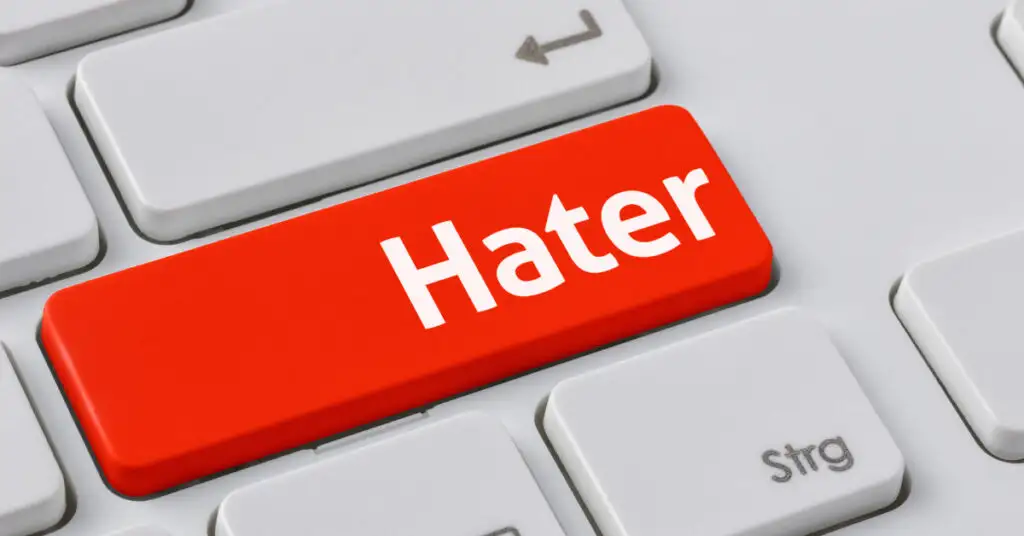What is a Troll on Social Media

¿What is a Troll?
In the context of marketing and social media, a troll refers to a person who posts provocative, offensive, or inappropriate messages online with the intent to annoy or provoke other users. Trolls often seek to disrupt online discussions, sow discord, and create controversy.
Trolls can be a major problem for brands and businesses engaged in social media, as they can negatively affect their public image and online reputation. Inappropriate and offensive comments from trolls can trigger a negative reaction among social media users, leading to customer loss and diminished trust in the brand.
It is important for brands and businesses to take steps to prevent online harassment and provocation by trolls. Effective strategies may include removing inappropriate comments, blocking troll accounts, and establishing clear policies for online use and behavior. Moreover, it is crucial for companies and brands to maintain open and transparent communication with their customers to quickly address any issues and effectively respond to criticism.
Types of Trolls
Imran Ahmed, CEO of the Center for Countering Digital Hate (CCDH), a non-governmental organization that has produced a practical guide for public figures dealing with trolls titled ‘Don’t Feed the Trolls,’ stated that there are two main types of trolls.
The first type targets public figures with large social media followings in the hope of eliciting a response.
The trolls then have their hate messages relayed to a wider audience when the target of their harassment or their followers respond.
The other type of trolls are individuals who exhibit a psychological trait known as ‘negative social potency’: this means they enjoy causing harm to others:
‘These trolls derive pleasure from upsetting those they attack with abuse, so if their victim responds, it only encourages them to continue,’ said Imran.
Why Do People Troll? There are many reasons why people might troll online, and it varies from one troll to another.
Dr. Mark Griffiths, Professor of Behavioural Addiction at Nottingham Trent University, said: ‘Most people troll others for revenge, for seeking attention, for boredom, and for personal amusement.’
How to deal with a Troll
Dealing with a troll on social media can be challenging for brands and businesses, but it’s important to take steps to prevent inappropriate comments from negatively affecting their image and reputation. Here are some strategies brands can use to deal with trolls:
- Maintain Composure: It’s important not to lose your cool and respond in a polite and professional manner to the troll’s comments. Emotional or aggressive responses can worsen the situation and feed the troll’s attention.
- Identify the Troll: It’s crucial to identify the troll to understand their motivations and determine the best way to address the situation. If the troll is violating the social media platform’s usage policies, it may be possible to report or block their account.
- Ignore the Behavior: Sometimes, the best way to deal with a troll is simply to ignore them. If the troll isn’t harming the brand’s image or reputation, it might be better not to respond to their comments and let the inappropriate behavior fade over time.
- Respond with Humor: In some cases, responding with humor can be an effective way to defuse a troll and prevent their negative behavior from impacting the brand’s image.
- Divert Attention: An effective strategy for dealing with a troll is to divert attention to other topics or discussions. If the brand can redirect the troll’s attention towards more positive or relevant topics, it can help minimize the negative impact of their comments.
Juan Esteban Yepes
